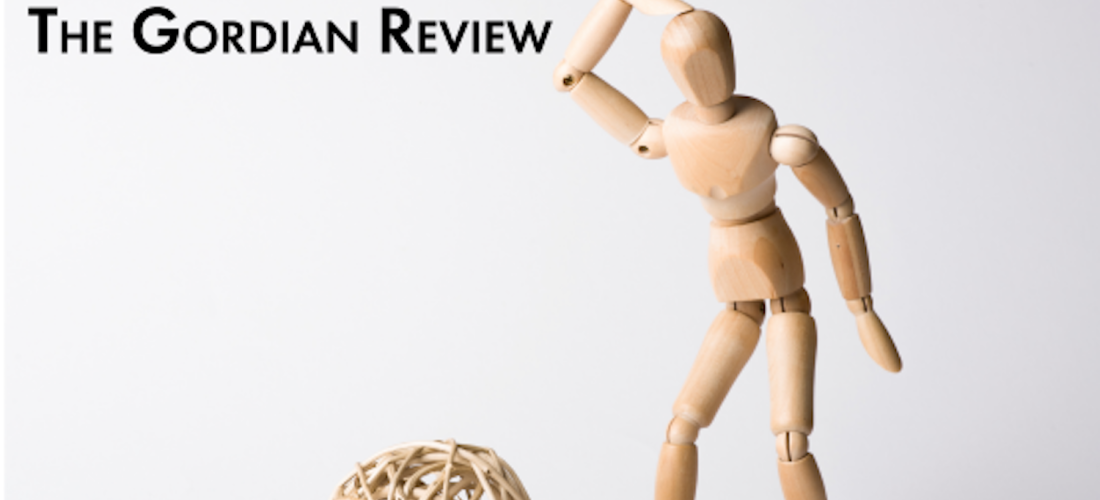“I never imagined, as a quietly rebellious child, that I would one day write a ‘quasi-defense’ of small-town America, using Henderson as an example.”

Design by Wayne Yandell; Photography by Sara Shoemaker
Excerpted from We Knew No Mortality: Memories of Our Spiritual Home, released in March 2018 by Acta Publications.
“We have dragged Christmas trees through the mud with a mule team (wondering, could an 8th grader today do that?); drilled holes in trees to add branches decorated with bulbs or popcorn-and-cranberry strings; we’ve had pink aluminum trees with rotisserie lights, or Douglas Firs; we have revealed the tree with childlike delight, or left the White Room open for visitors; we live, here or there or Anywhere; we retain memory, in our blood, our mind.”





